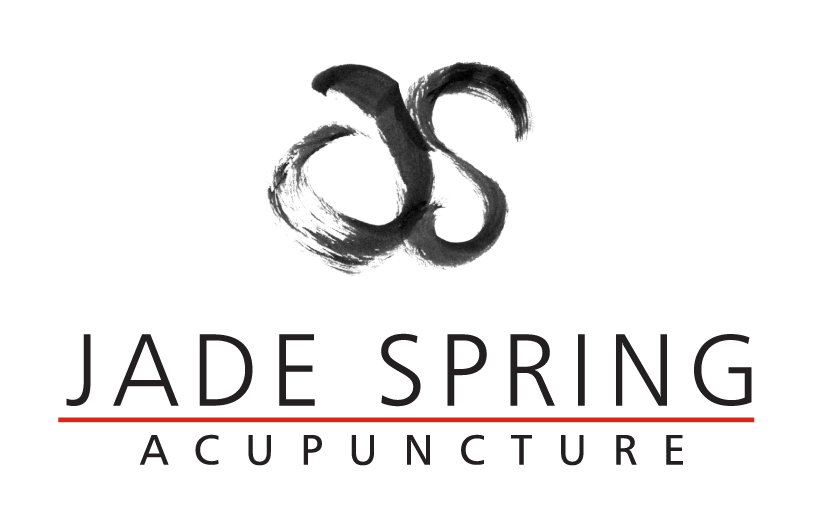Building resilience through mindfulness
I’ve been thinking a lot about how we build resilience and protect ourselves against some of the negative forces at play in our world. We live in an environment that can be difficult and overwhelming for our nervous systems, and we need to be cautious about how much exposure we have to the negativity in our environment.
What do I mean by “negative forces”?
I think of things such as: the level of sensationalism in how news is reported; the prevalence of click bait to lead us down the rabbit hole of scrolling through website mindlessly for hours; the divisiveness and ugliness in politics that is focused on arousing anger without offering true solutions; the decline of social structures and precarious changes in our natural world that leave us feeling powerless and scared.
All these realities create a persistent level of stress that is difficult to manage, especially when you are constantly confronted by them, and they can have serious mental, emotional and physical impacts. When we don’t have a way to protect ourselves against some of these negative forces, it can create feelings of anxiety and worry; apathy and lethargy; or anger and self-righteous indignation. It can lead to people needing to withdraw and struggling with depression and hopelessness. It disrupts our sleep, which is essential to healing and can lead to chronic illness. It heightens cortisol levels in our bodies which has consequences for our digestive, endocrine and heart health.
We absolutely need tools that will help us protect against some of these negative influences and will strengthen our resilience. What are the practices that we can incorporate into our lives that will help us thrive in a world that seems to be falling apart?
For me the answer has been in cultivating a ‘mindfulness practice’ as an essential tool to maintain both my mental and physical health. Mindfulness can include everything from meditation to prayer, from journaling to yoga, from reducing our screen time to spending time in nature. The essential component is to find times when you can focus all your attention in the present moment and tune out some of the ‘noise’ and distractions so prominent in our daily lives.
The foremost tools I use are daily prayer and reading spiritually based material that help uplift my thinking and mood. As a Baha’i, I draw mainly from the prayers and writings of my faith and combine that with moments of silent meditation on what I have read. This type of meditation leaves me feeling grounded and hopeful and helps me shift my perspective to a more spiritual outlook. I also turn to tools like the “Calm” app that provide guided mediations on many topics, and I use deep breathing and yoga as a way to help my body shift into parasympathetic dominance. In addition, journaling and talking to trusted loved ones, helps me process my experiences and are integral to helping me maintain grounding and perspective.
Acupuncture is another important tool to help reset the nervous system from sympathetic (fight-flight) into parasympathetic (rest-recover) dominance and becomes even more powerful when combined with a mindfulness practice. Some practices, such as breathing, meditation or prayer, can even be used while receiving an acupuncture treatment, and when combined in this way, lead to a deep reset of the nervous system and a significant shift in our well-being and outlook.
If you have found the need to cultivate your own mindfulness practice, but don’t quite know where to start or how to deepen your practice, I would love to offer you support, brainstorm ideas, or just be a sounding-board. It took me a while to establish and integrate all the elements of this spiritual practice but now that it is in place, it is a constant source of comfort and strength, and I would be more than happy to accompany you in your exploration. You have my email address and phone number, so please don’t hesitate to reach out.



